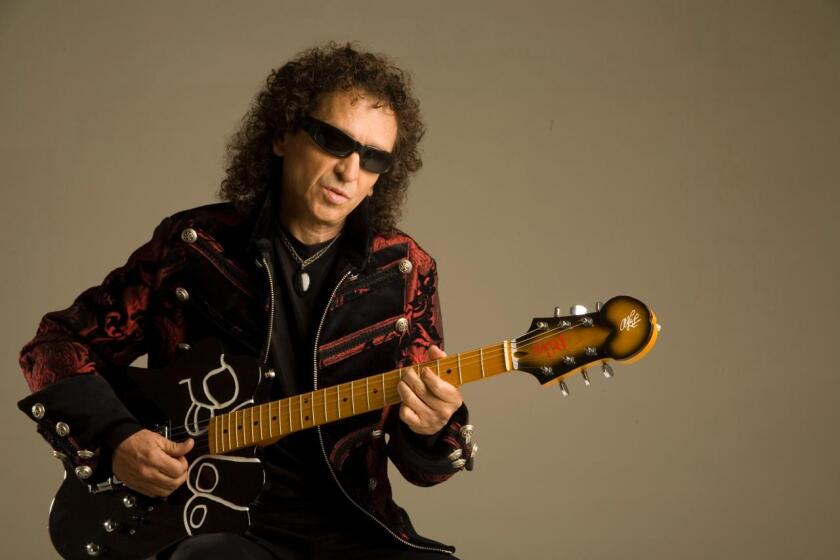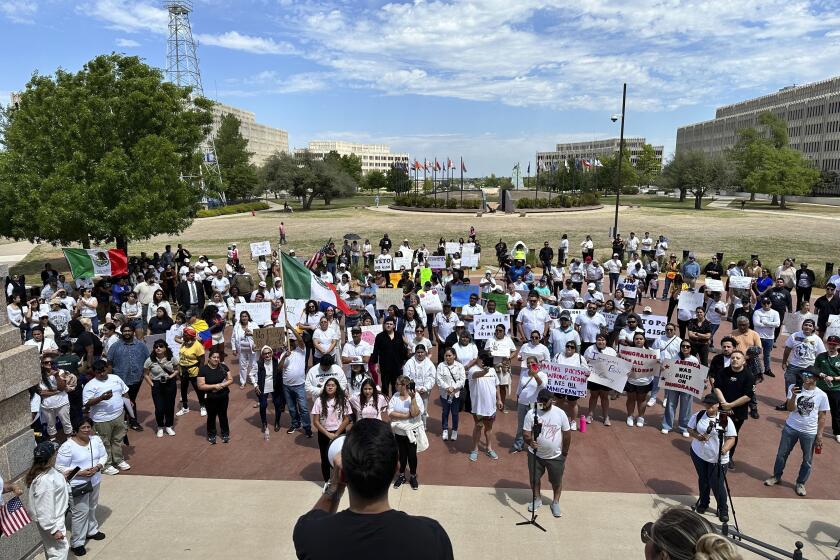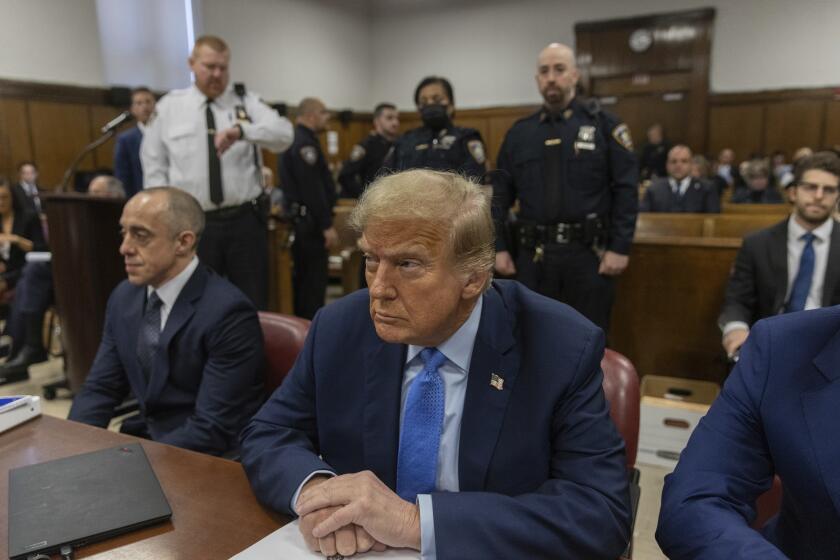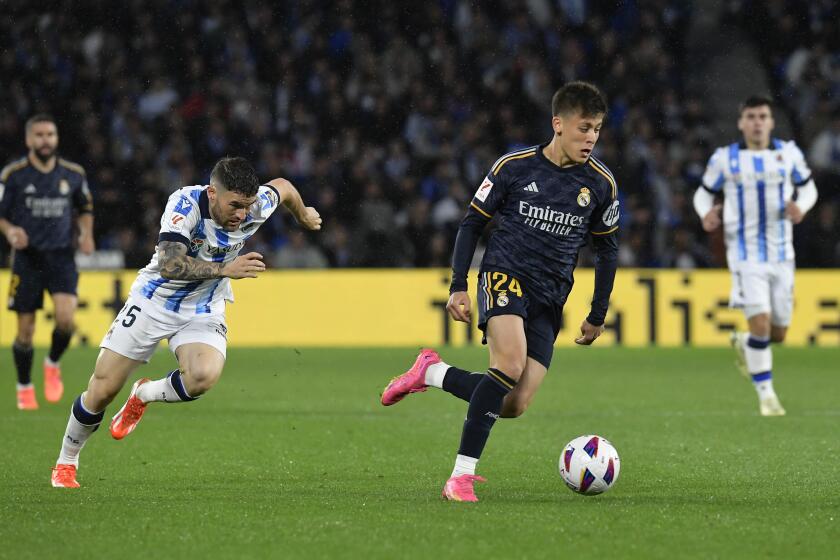Military continues to prop up Venezuela’s Maduro amid opposition challenge
Venezuelan President Nicolas Maduro is clinging to power thanks to the loyalty and support of the between 95,000 and 235,000 members of the armed forces, according to the commanders of the different branches, who reject opposition leader and self-proclaimed interim president Juan Guaido.
Maduro, the successor to Hugo Chavez , began his second term as president on Jan. 10 and has held on to power with the help of the Bolivarian National Armed Forces (FANB), while the opposition calls his re-election a fraud.
Maduro’s adversaries contend that he stole the last presidential election.
Citing this position, Guaido, head of the opposition-controlled parliament, had himself sworn in as interim president two weeks ago and has gained the support of the United States and numerous countries in the Americas and Europe.
Hours after Guaido proclimed himself president, Defense Minister Vladimir Padrino said in a Twitter post that the armed forces would not recognize Guaido. A day later, the FANB commander announced that the armed forces were behind Maduro.
Little by little, however, soldiers have come out and said that they do not recognize the authority of Maduro and called on other military personnel to back Guaido.
Days before the parliament leader proclaimed himself interim president, about 30 Bolivarian National Guard (GNB) members mutinied, staging an anti-Maduro protest in a poor area in the western section of Caracas.
Last Saturday, Gen. Francisco Esteban Yanez Rodriguez, director of strategic planning for the air force, posted a video on social media saying that he refused to accept the authority of Maduro and recognized Guaido as Venezuela’s leader.
Transparencia Venezuela, a non-governmental organization that documents corruption in the oil-producing South American nation, discussed the situation with EFE.
The armed forces support Maduro due to “the power they gained” under “Chavismo,” the political movement started by Chavez, and because of the “control the government has over them,” Transparencia Venezuela executive director Mercedes de Freitas said.
Under Chavez, a former paratrooper who governed Venezuela from 1999 until his death in 2013, soldiers were given top posts in the government.
Maduro has continued the practice, reinforcing his Cabinet with at least a dozen military officers, De Freitas said.
“For example, since the Mision Alimentacion (Nutrition Mission) began in 2004, it has had 15 to 18 ministers, with only one who was not in the armed forces and lasted less than a year in the post,” De Freitas said. “There are over 42 food companies under the direct supervision of the Defense Ministry.”
Military officers are also in charge of mining and hydroelectric power companies, as well as state-owned oil giant Petroleos de Venezuela (PDVSA).
“The armed forces have been an accomplice to electoral fraud that was documented, not only by Venezuelan organizations but also by the OAS, the Carter Center and the European Union , when they have come to investigate,” De Freitas said.



